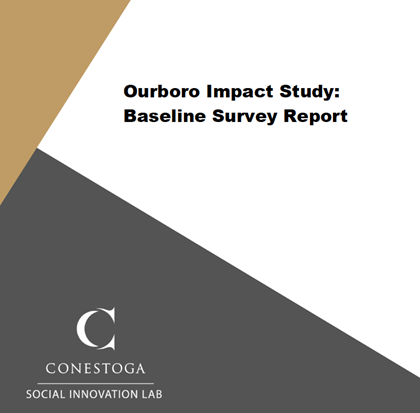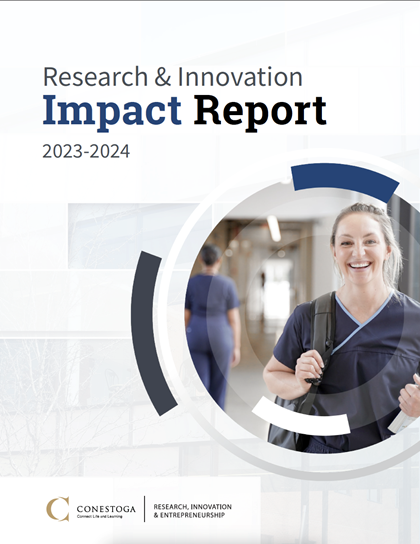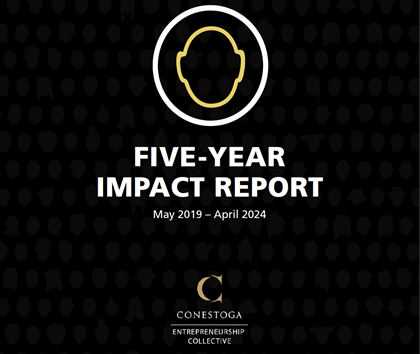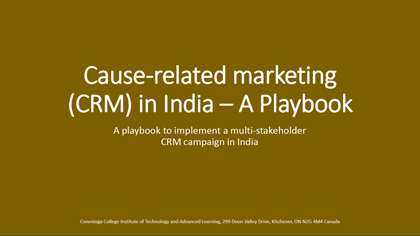Archive
-
2025
-
2024
-
2023
-
2022
-
2021
-
2020
-
2019
-
2018
-
2016
-
2013
Category
Ourboro Impact Study: Baseline Survey Report
The Baseline Ourboro Impact Study is designed as a multiyear study which will explore: Does a participant in a shared equity model have a meaningfully improved quality of life as a direct result of participation in the shared equity model? This report presents the results of an initial survey designed to identify categories to monitor over time.
Research & Innovation Impact Report 2023-2024
The 2023-2024 Research & Innovation Impact Report highlights the achievements of Conestoga's faculty, staff, and students in research.
Credit Unions and Housing Affordability: Canadian Trends and Opportunities
The Credit Unions and Housing Affordability: Canadian Trends and Opportunities report discusses how Credit Unions can support solutions to improve housing affordability for members and ensure that affordable housing is available in Canadian communities. The report identifies eleven trends and opportunities for credit unions to consider in their planning: shared equity, rent-to-own, impact investments, thematic savings products, MLI select, co-ownership mortgages, mortgages for non-traditional homes, Halal mortgages, new cooperative housing, pooled accounts, and grants and donations.
Conestoga Entrepreneurship Collective Five-Year Impact Report
Dive into our celebratory five year impact report and witness the transformative journey we've embarked on. Click the link below to delve into our story of innovation, growth, and impact.
Cause-related marketing (CRM) in India- A Playbook
This Playbook is suited for a diverse audience including marketing professionals, corporate social responsibility (CSR) teams, strategic planning teams, and other stakeholders engaged in selecting causes that businesses can support in India through cause related marketing (CRM). CRM is the practice of linking organizational support for a cause to a monetary (e.g. donation of money) or non monetary (i.e. donation of time) consumer action. It can serve as the interface between organizations taking initiatives to be responsible and savvy consumers demanding organizations to be more responsible.






